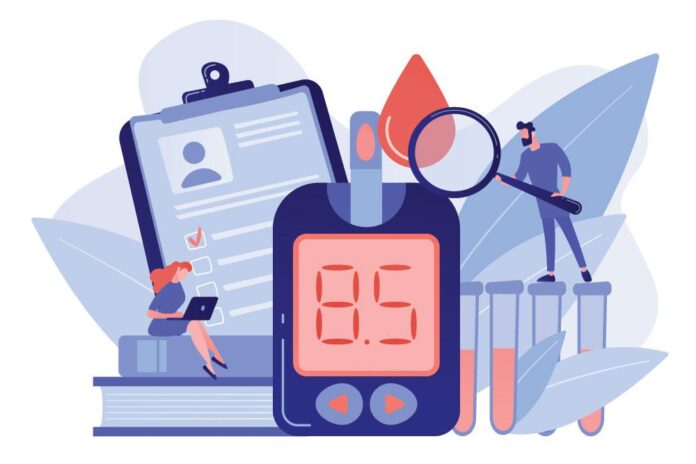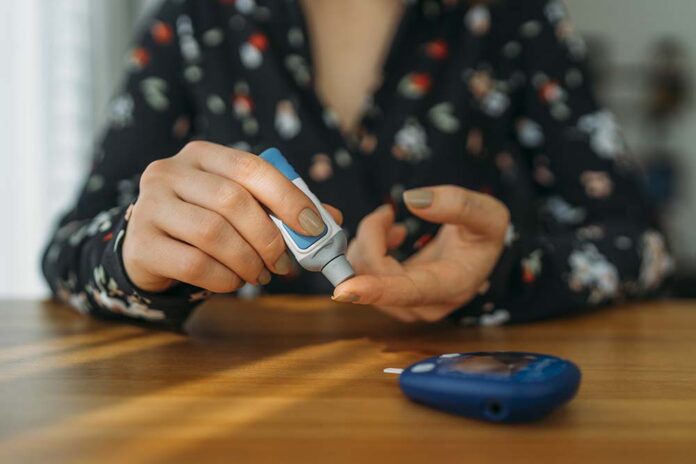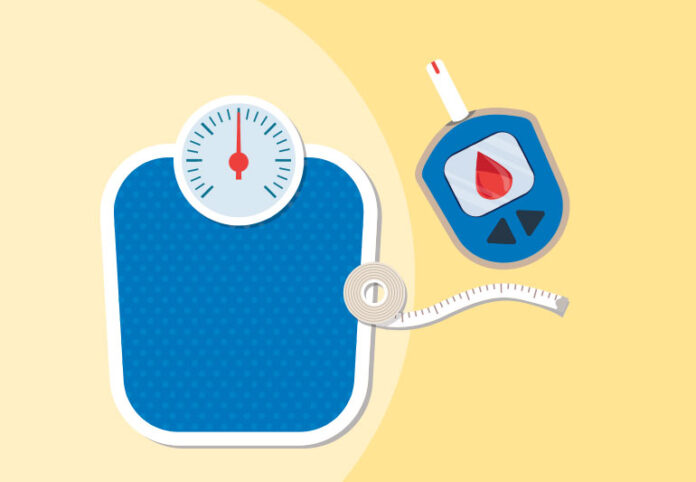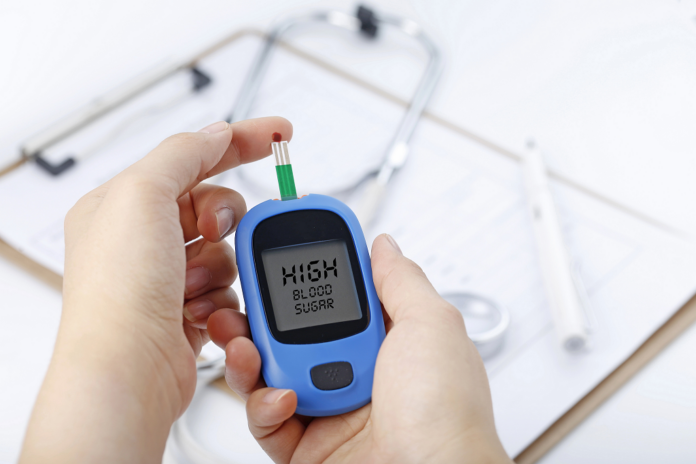Taking care of our health is the most important thing in the world and the reason for this is quite simple. Without being healthy, one cannot hope to make it in life because the health issue that plagues them always pulls him back. This is why health is always the thing we wish to others, what we pray for, and what we focus on during a typical day.
Many of the things that are potentially unhealthy and dangerous can be avoiuded through a proper lifestyle. Eating a balanced diet, staying physically active, limiting your stress, and aboiding drinking and smoking are the common ways to improve ones health. However, there are also things we cannot control like diseases and certain ailments that happen. One of them, diabetes, is among the most widely spread and common diseases that hundreds of millions of people suffer from.
Millions also die as a result of it every year so it is important to know the symptoms. Noticing them early can be the deciding factor in one’s battle against diabetes as it is always easier and more efficient if the treatment starts as soon as possible. In the following sections we talk more about the most common symptoms associated with diabetes. If you ever experience any of these, do not hesitate to ask for a professional’s opinion.
About Diabetes

Diabetes occurs when the pancreas produces inadequate insulin or can’t use the insulin it produces optimally. Insulin is a very important hormone, one that transfers glucose from the blood to cells for conversion into energy or storage. This is even more important than it sounds for the human body because without this system working properly there is a lot that can go wrong. Diabetes is a tricky disease because it almost always manifests thtough many different symptoms that would otherwise not be possible all at once.
If you do not seek treatment, diabetes can cause severe complications. For example, it increases the risk of heart disease, stroke, organ failure, dementia, etc. The worse case scenario is a life-threatening combination of several ailmnets that all resulted from diabetes. Treatment includes changing lifestyle habits, taking medication, monitoring blood sugar levels, and visiting your doctor for frequent lab tests.
But how do you know you indeed have diabetes? Most symptoms are so mild that they go unnoticed so what can be done in terms of being absolutely sure that you actually have the disease? Some people do not know until they get problems associated with the disease’s long-term damage by which time it is already too late for the most effective treatment. Here are some common symptoms associated with diabetes.
Hunger and Fatigue

After eating, your body converts the food into glucose that the cells use to produce energy to sustain you. However, the cells need insulin to synthesise glucose in the most optimal way possible. If your body has inadequate insulin or if the cells resist the hormone, your body can’t convert glucose into energy. Consequently, you will feel exhausted and hungrier than usual which many people attribute to other problems. They eat more and rest more, both of which are counterproductive.
Incontinence
What is the relationship between diabetes and incontinence? Over time, diabetes causes a lot of nerve damage. If this affects your bladder or the urinary tract, you will develop a neurogenic bladder and lose the ability to control urine partially or entirely. This is a big problem and something most patients struggle with greatly. It is not supposed be a thing we cannot control and we go our whole lives without anything remotely similar. In case this starts happening, know that it is a serious matter that needs medical attention.
Additionally, diabetes increases the risk of obesity and many diabetic people are obese while a lot of obese people are also diabetic. A high body mass index causes extra weight to build up around the lower abdomen, exerting additional pressure onto the bladder. This later causes stress incontinence, where patients experience leakage when coughing, sneezing, laughing, or engaging in intense activity. Any form of pressure may cause involuntary leakage.
People with diabetes are more likely to suffer from infections than healthy individuals. Some other conditions they might develop include bladder and urinary tract infections, which increase urination urgency and frequency. Later, this can develop into incontinence once the bladder because weaker due to heavier exposure to stress and use.
Unexpected Weight Loss

Diabetes affects the conversion of glucose into energy. When your body can’t process glucose from food into energy, it starts burning muscle and fat deposits. As a result, you will lose weight even if you do not change your diet or exercise regularly. This also explains the tiredness and general weakness associated with diabetes.
Yeast Infections
Yeast thrives on sugar so if you have diabetes, your blood sugar levels can spike, causing yeast overgrowth. In women, such overgrowth causes vaginal yeast infection. This infection can lead to severe health complications if you do not get treatment.
It is worth noting that vaginal yeast infections have symptoms similar to some STIs. Ensure that you get tested for an accurate diagnosis. Like diabetes, STIs have severe complications if untreated.
Slow-healing Wounds

Studies show a correlation between blood sugar levels and wound healing. When blood sugar levels spike, white blood cells do not function properly. This weakens the immune system, resulting in slower-healing wounds.
Diabetes also affects circulation, causing blood to move slowly. As a result, nutrients take more time to reach the wounds, which slows the healing of wounds or any other injuries. Sometimes, they might not heal.
Advanced diabetes causes diabetic neuropathy, a condition that damages nerves and numbs sensations. When this happens, the wounded area doesn’t respond to any stimuli. You’re unlikely to seek treatment if you’re unaware of a wound. This worsens the condition.
Final Words
If you are above 45 or possess other risk factors like family history, obesity, race, and ethnicity, it’s essential to get tested. Early diagnosis prevents severe complications such as nerve damage and increased risk of chronic conditions. More importantly, eat healthy diets, exercise regularly, and avoid smoking.








